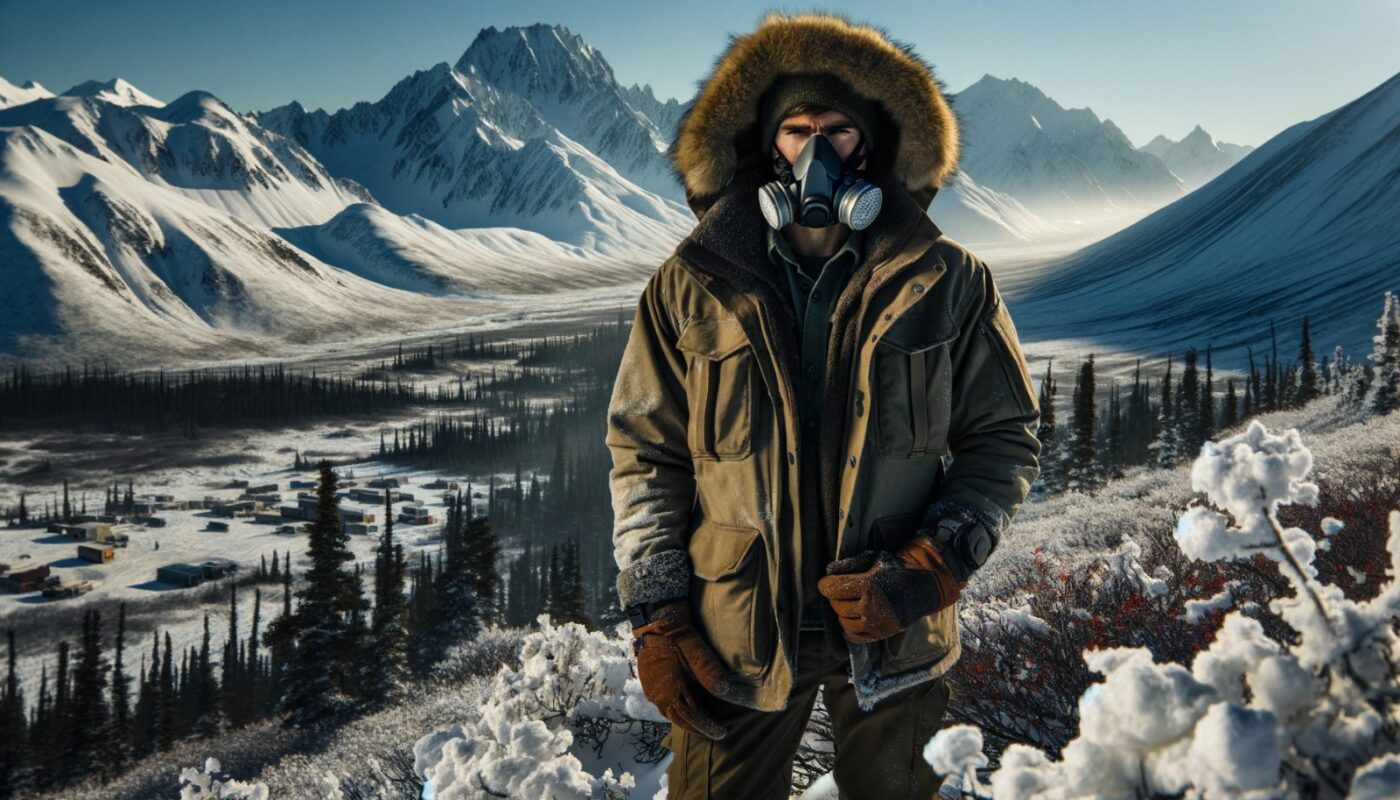Even though we hope the worst of winter is behind us, this time of year is more than just frosty landscapes. For those who rely on respiratory protection, cold weather poses additional challenges. From construction sites to first responders braving the elements, the use of personal protective equipment (PPE) becomes crucial.
What are the extra layers of challenges?
Respiratory protective masks, essential for safeguarding against airborne contamination, are more than meets the eye. According to a study in 2016, they can significantly interfere with various aspects of task performance, both physiological and psychological. From respiration and thermal equilibrium to vision, communication, and even feelings of well-being, respirators play a complex role in the wearer’s experience. This complexity requires a tailored approach, considering individual variability in tolerating inspiratory or expiratory resistance, pressure levels, and anxiety about wearing respirators.
A compromised respirator fit in cold weather isn’t just uncomfortable—it jeopardizes safety.
What should we do?
- Condensation Management: Combating condensation inside the respirator is crucial in cold weather. Proper ventilation and moisture control strategies are essential to prevent discomfort and ensure an effective seal.
- Strap Freeze Prevention: Cold weather can cause respirator straps to freeze, impacting the overall fit. Choosing materials resistant to freezing and adjusting straps for comfort are key considerations.
- Selecting the Right Respirator: Not all respirators are created equal. Opt for models designed for cold weather use, considering factors like insulation and adaptability to temperature fluctuations.
Training and Education
Employers, guided by OSHA’s responsibility to ensure a hazard-free workplace, should prioritize training workers on the hazards of cold stress, including the impact on respiratory protection. Awareness about the risks and tailored training can empower workers to navigate cold weather challenges effectively.
Conclusion
Between cold weather and effective respiratory protection, knowledge and preparation take center stage. Equip yourself with an understanding of cold stress, the importance of a proper fit, and practical tips to brave the winter with confidence. Remember, a well-fitted respirator not only shields you from airborne hazards but also ensures a warm and secure working environment.
When it comes to comprehensive employer health services, including respiratory fit testing and occupational health solutions, MedPhysicals Plus, LLC, stands as your trusted partner. Contact us today at (907) 561-7587 to elevate your workplace safety and keep your team moving forward with confidence in any weather condition! Learn more about our respirator fit services on our website here.

